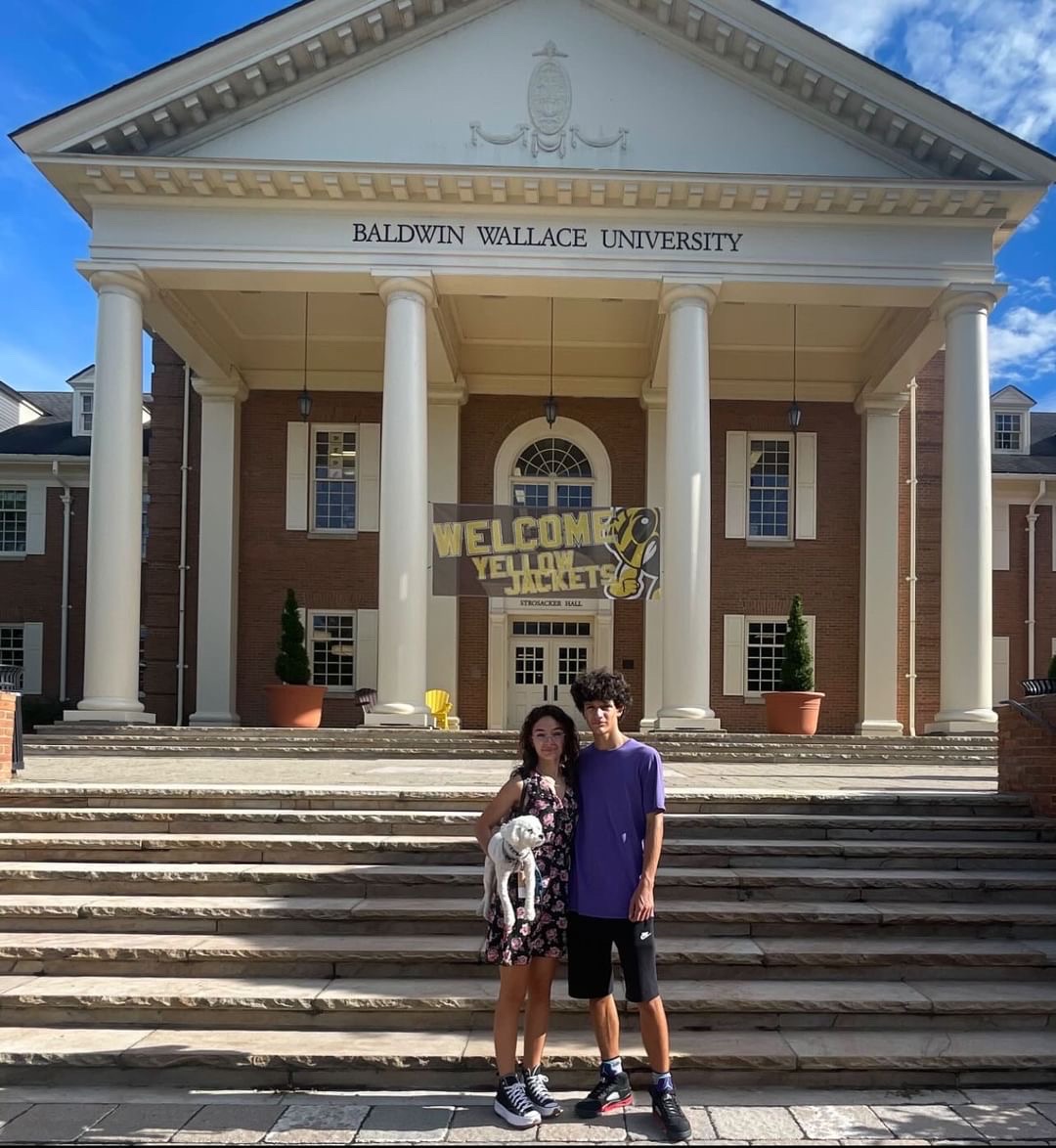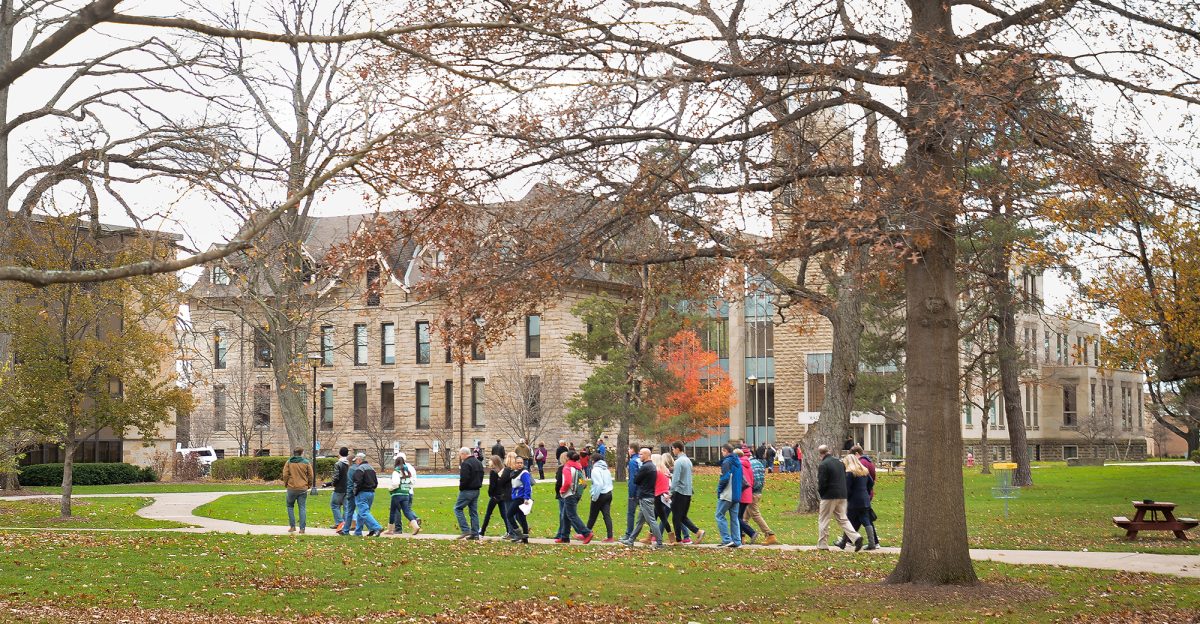As a private liberal arts university, Baldwin Wallace offers a community-focused education, drawing students both locally and globally. Currently, there are international students from more than 12 countries on campus, according to BW’s Admission Office. The Exponent recently reached out to a few international students on campus and asked them to share their unique experiences of studying abroad in the U.S.
Starting her freshman year, Berta Gashi, a sophomore business administration major, came to BW from Kosovo. During her first month here, she found it difficult to remember to always speak in English.
Gashi said: “I kept switching languages… and I was like, ‘I’m so sorry my brain is still not in English.’”
Although Gashi felt homesick sometimes, her twin brother also attends BW, which helped ease the pain. It took Gashi 24 to 32 hours of flights to get to Kosovo, so she only visited home during winter and summer breaks. Gashi said it helped “knowing that everyone here [were] kind of going through the same thing because everyone living on campus moved out of their homes.”
A struggle that Hiba Bouyahyaoui, a finance major, faces is missing out on experiences back in Morocco.
Bouyahyaoui said: “There are these things that are happening, and you can’t interfere or anything. Like you see your sister having a mental breakdown, and you can’t help her.”
Not being able to participate in celebrations or family functions is a difficult adjustment Bouyahyaoui had to make.
Bouyahyaoui said: “Life goes on back home. It doesn’t stop just because you’re not there.”
Different holidays are celebrated in the U.S. compared to those of other countries.
Gashi said: “I thought there were some stuff that was universal, but they weren’t.” She does not celebrate Thanksgiving or Christmas, but “everyone gathers together for New Year’s Eve and set off fireworks.” Gashi also noticed that people in the U.S. decorate a lot more and that “there’s a spirit for every holiday.”
Gashi said BW is “loving and welcoming” and that she enjoys the education system. She said that the U.S. academic style drew her to study internationally.
Similarly, Bouyahyaoui said the American education system is different than what she was used to. She said classes in the U.S. were “more manageable” compared to those in Morocco, the country she is from.
Yet, this is not the case for every student. Emily Reyes, a global peer leader at BW, said the most prevalent issue she sees international students face was to adjust to a different academic system, indeed.
Domenika Aguilera, an international studies major studying at BW this semester, said American students dress more casually to go to classes, which was not the case in Ecuador where she is from.
Aguilera said: “Back home we dress up. . . I like [staying] comfy, but I miss having a style.”
Gashi added: “People [in Kosova] tend to put a lot of effort into how they look. Even if they’re going to the store. they won’t go in sweatpants.”
BW used to have an event called Global Friend’s Hour for students as “an opportunity for international students to come together with other students, faculty and staff to discuss international topics, cultures and much more.”
The Exponent reached out to the International Student Services and found that such an event is no longer active.

































